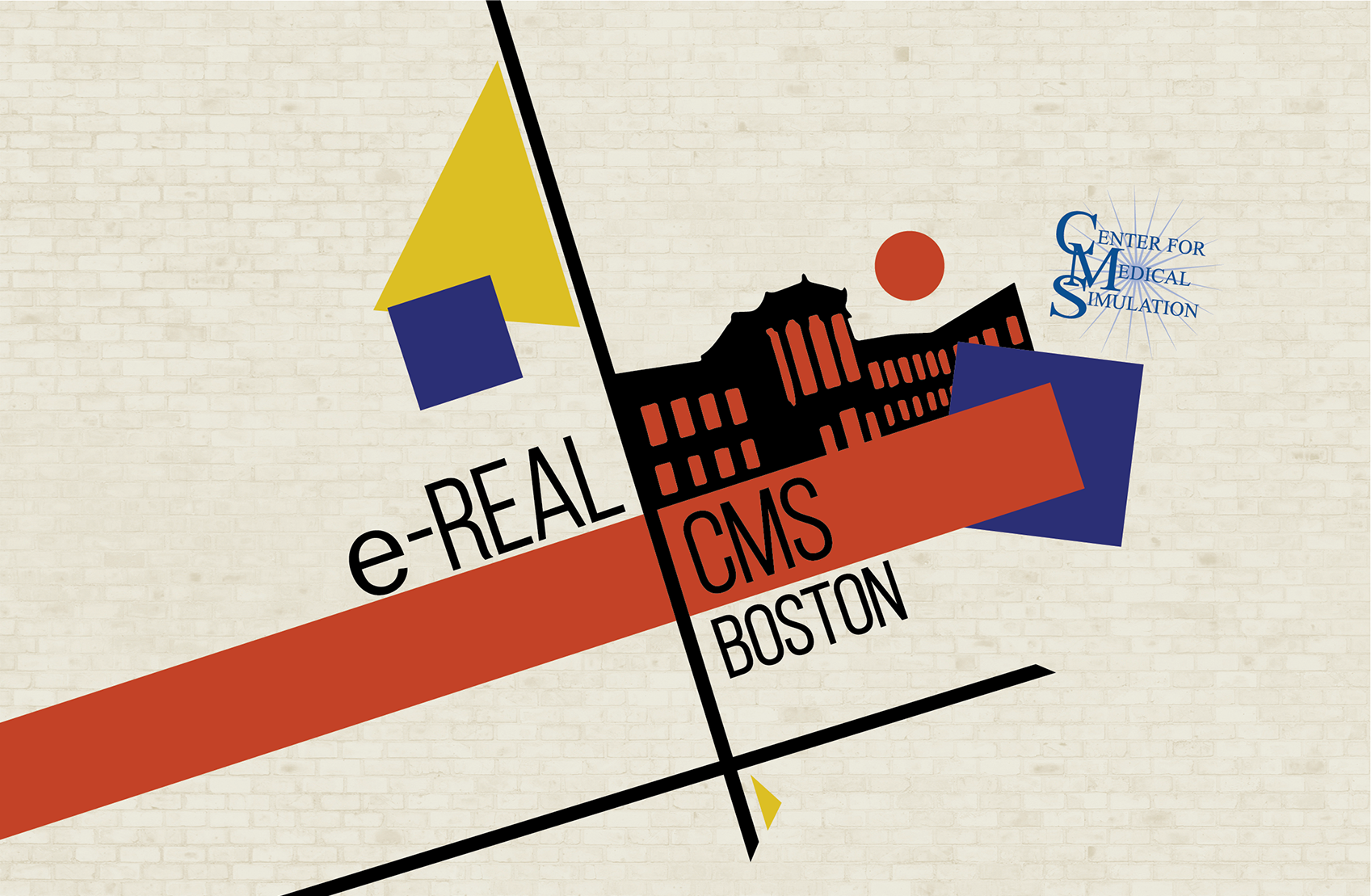CMS: How is e-REAL evolving?
F&B: Because of COVID-19, many activities formerly held in person are migrating online. With CMS’ Drs. Roxane Gardner and Rebecca Minehart, we are beta testing the e-REAL online platform to allow simulations in a virtual environment that display challenging situations in 3D. And, unlike other Virtual Reality and Augmented Reality solutions, e-REAL allows users to experience full immersion without the need for glasses or goggles. It is an easy and memorable experience with a robust learning outcome.
CMS: What do you think people will find surprising about your current work?
F&B: The feedback we most often receive is that they didn’t expect such easy access to an intensely engaging and meaningful experience. We are very happy about this, because our efforts are aimed at designing solutions that empower learning with a strong focus on the user experience, for both the learners and trainers. We believe that flexible and user-friendly solutions are needed in learning. We designed e-REAL in a way that makes this possible.
CMS: How do you see your work helping others?
F&B: Our goal is to build significant learning solutions that help educators and “simulationistas” integrate new technologies into their practice that boost learning in easy and effective ways. A large part of our job involves checking on new technologies, designing new solutions, and conducting research on the outcomes in order to help trainers facing the new challenges.
CMS: What impact do you hope to have on the field of simulation and education?
F&B: E-Real is at the forefront of a trend that COVID-19 is accelerating. Reality in the digital age is becoming more and more virtual and based on being part of shared infospheres. With e-REAL, we are contributing to the growth of an approach that enables a multilayer vision. The many levels of the situation are made available simultaneously by overlaying multple sources of information, such as words, numbers, images, etc. within an augmented reality display and without needing to wear special glasses. By visualizing relations between topics, contextual factors, cognitive maps, and dynamic cognitive aids, e-REAL improves also the learners’ cognitive retention.
CMS: What’s coming up next?
F&B: A new publication is about to appear, titled Enhanced Reality for Medical Simulation, that we co-wrote with CMS’ Drs. Roxane Gardner and Rebecca Minehart. Later, it will be added into the book edited by Anthony Lewis Brooks, Sheryl Brenham, Bill Kapralos, Amy Nakajima, Jane Tyerman, Lakhmi Jain, titled Recent Advances in Technologies for Inclusive Well-Being: Virtual Patients, Gamification and Simulation (Springer, 2020).
Next year, along with Drs. Roxane Gardner and Rebecca Minehart, we will present a live online 60-minute interactive experience at IMSH 2021 about Learning 4.0 titked Easy to Use Augmented, Virtual and Mixed Reality. It is scheduled for March 16th at 7 pm EST. We are pre-recording other workshops including, Digital Future into Medical Simulation and another called Digital Learning, Tele-simulation and Avatar-Based Role Playing Activities. There is also a workshop within the Simventors session that will be a practical demonstration of the e-REAL Speech Analysis Tool. This tool can individually track both the tone of voice and spoken words of learners during a particular simulation, providing a semantic and pragmatic overview of interpersonal communication aimed at detecting emotions and fixation errors




